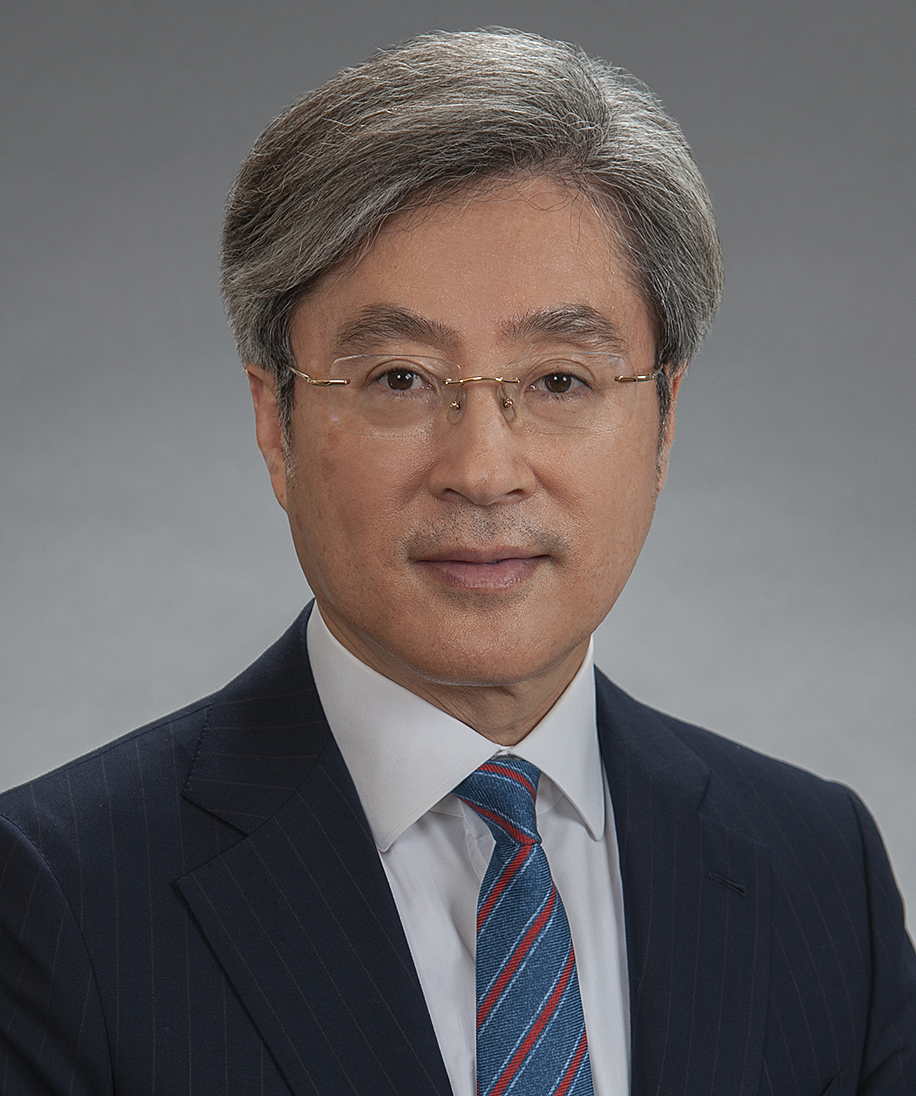Client Alert
Latest Antitrust Plea Shows Continuing Risks Foreign Executives Face From U.S. Government Investigations
November 24, 2015
By Jong Han Kim, Jeremy Evans, Trisha Chang & Frank Lee
Introduction
The dangers that executives in Korea and other Asian countries face from U.S. government investigations were highlighted again last week following a Taiwanese-based executive’s guilty plea to violations of U.S. antitrust laws. Chun-Cheng (Alex) Yeh, a former sales executive of Chunghwa Picture Tubes Ltd., pled guilty in a San Francisco federal court conspiring with competitors to fix the prices of CDTs, a type of cathode ray tube (“CRT”) used in computer monitors and similar devices, between 1999 and 2005. The agreement between Yeh and U.S. prosecutors, which must be approved by the court, requires Yeh to serve eight months in a U.S. jail.
One of the more noteworthy elements of Yeh’s plea is that it occurs five years after the U.S. government first indicted him and ten years after he left Chunghwa. This demonstrates that an investigation and criminal indictment can bring the full pressure of the U.S. government on a foreign executive extending over many years. The Antitrust Division has been particularly aggressive in the pursuit of individuals in the past decade with over 50 foreign executives having received U.S. jail sentences, the majority of whom have come from Asia. Last year, the Division also successfully extradited an Italian national to the U.S., the first extradition of a foreign executive on antitrust charges alone and there are rumors that the Division is looking for a “test” case in the on-going auto parts cartel investigation to extradite an Asian-based executive. The threat faced by Korean and Asian-based executives is not limited to antitrust investigations either, as the U.S. government has pursued executives in trade secrets and other white collar investigations. The trend in recent years is crystal clear—the U.S. government is focused on pursuing criminal charges against foreign executives.
Cathode Ray Tube Investigation
The investigation of the cathode ray tube industry dates back to 2007. As alleged by the U.S. government, senior executives from a number of CRT manufacturers, including Korean and Asian-based companies, had meetings throughout Asia in which they agreed to set target price levels or ranges for products. In addition, they agreed to cut their production for CRTs and allocate shares of the market between competitors. After reaching these agreements at meetings, the competitors then monitored and enforced them through the sharing of confidential information. The conspiratorial conduct allegedly engaged in by Yeh and others thus covers a variety of violations of U.S. antitrust law, including price-fixing and market allocation. The CRT investigation and a subsequent spin-off investigation into CRT glass have extended beyond the U.S. as well, resulting in enforcement actions and fines against companies by the Korean Fair Trade Commission and European authorities.
Yeh Pleas
The Antitrust Division also targeted executives for individual prosecution in the CRT investigation, continuing its aggressive approach in recent of criminal indictments against individuals. Yeh and five other Asian-based executives were indicted by a U.S. grand jury in 2010. At the time, Yeh was based in his native Taiwan which does not extradite its nationals to the U.S. But, the effects of a U.S. indictment on an executive can be significant. For example, following an indictment, the U.S. authorities often have Interpol issue a red notice—an international wanted persons alert—alerting other countries that an arrest warrant has been issued and seeking to have them make an arrest, for example, if the individual travels outside his home country on business. The Antitrust Division used this successfully for the first time last year when an Italian national was arrested in Germany while traveling on business and subsequently extradited to the U.S. where he agreed to a jail sentence for antitrust violations.
Yeh tried to fight the criminal charge in 2013 by seeking to get his indictment dismissed arguing that the indictment had been filed too late. But the U.S. court refused to let him challenge the indictment while he remained in Taiwan finding that he had to submit to the court’s jurisdiction, meaning he would have to travel to the U.S. to challenge the indictment. Ultimately Yeh elected to enter a plea agreement with the Antitrust Division requiring him to go to a U.S. jail, but likely meaning that he can travel freely to the U.S. and elsewhere in the future without fear of arrest after serving his jail time.
Targeting of Individuals
Yeh’s plea agreement provides another example of the aggressive approach by the U.S. government toward foreign executives. The Antitrust Division has taken the lead in this regard and the impact has been particularly harsh on executives in Korea and elsewhere in Asia given that so many of its recent cartel investigations have focused on Asian companies. In fact, the U.S. government has indicted a number of Korea-based executives and requests for extradition for some of these Korea-based executives are currently outstanding. The jail time that foreign executives face has grown too. Yeh’s sentence of eight months is consistent with the length of sentences that the Antitrust Division was agreeing to with executives at the time of his 2010 indictment. But, since that time, the jail sentences demanded by the Antitrust Division in plea agreements range have increased to between one and two years. And the Division has made clear that foreign executives cannot ignore U.S. investigations or an indictment. As Brent Snyder, the senior U.S. government’s cartel enforcer, said following Yeh’s plea deal, “[w]e will use all of the tools available to us to ensure that those whose conduct results in criminal charges will be brought to justice should they choose to become fugitives.”
The aggressive approach taken by the Antitrust Division toward individual executives is consistent with the more general approach that the U.S. Department of Justice is taking in other investigations. The Justice Department recently issued the Yates Memorandum instructing prosecutors throughout the Department to pursue more criminal cases against individual executives. The Antitrust Division has been in the forefront in this regard in recent years, but increasingly executives at companies that are the subject of investigations involving matters such as trade secrets and anti-corruption can expect greater scrutiny. Korean and other Asian-based executives must be aware of this trend and take steps to protect themselves and their companies.
***
Contributors

